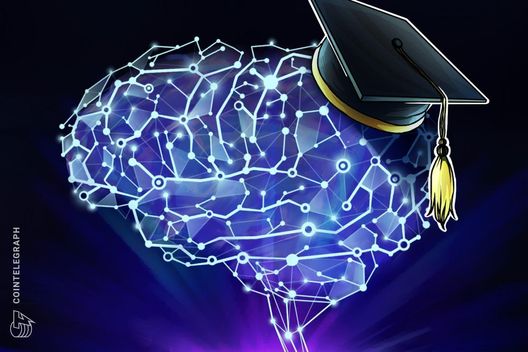

The legacy education system is facing disruption from the emergence of artificial intelligence (AI) and blockchain technologies, which are poised to revolutionize traditional learning environments and create more efficient, accessible, and secure educational experiences.
AI is being used to personalize learning, automate administrative tasks, and provide students with on-demand support. AI-powered tools can analyze student data to identify learning gaps and tailor instruction to meet individual needs. This personalized approach can lead to improved student outcomes and increased engagement. Moreover, AI assistants can help educators structure and supplement courses, freeing up their time to focus on individual student interaction. AI can also automate tasks such as grading and feedback, making educators more efficient.
Blockchain technology offers solutions to problems in the traditional education industry by providing immutability of stored information, traceability, and transparency. Blockchain can create a secure and transparent system for managing student records, issuing credentials, and verifying qualifications. This can help to reduce fraud and misrepresentation of academic achievements, while also giving students more control over their own data. Blockchain-based credentials can be easily shared with employers and other institutions, streamlining the process of verifying educational qualifications. Furthermore, blockchain can be used to manage teacher wages and student scholarships, creating a fairer and more transparent system for funding projects and grants.
The integration of AI and blockchain can lead to more secure academic data and personalized learning experiences. For example, blockchain can be used as a secure backend for AI-driven decision systems, ensuring that student data is protected and used in a responsible manner. AI can analyze data stored on the blockchain to identify patterns and trends, which can then be used to improve the quality of education.
Several institutions are already exploring the use of AI and blockchain in education. Some universities are issuing blockchain-based diplomas and transcripts, while others are using AI to personalize learning and provide student support. Online education providers are also leveraging these technologies to create more engaging and effective learning experiences. For example, online schools are using AI assistants to help structure and supplement courses, and they are planning to roll out blockchain-based credentials for students who complete the courses.
Despite the potential benefits, there are also challenges to overcome. One challenge is the need for adequate infrastructure to support these technologies. Another challenge is ensuring data privacy and security. It is important to develop appropriate policies and procedures to protect student data and prevent misuse. Managerial backing and a deep understanding of data capabilities and architecture are also essential for successful implementation.
The disruption of the legacy education system by AI and blockchain is already underway. As these technologies continue to develop and become more widely adopted, they have the potential to transform education in profound ways. By embracing these innovations, educational institutions can create more efficient, accessible, and secure learning environments that better meet the needs of students in the 21st century.